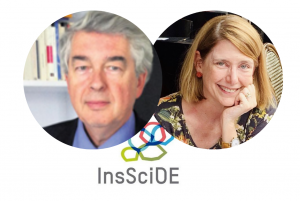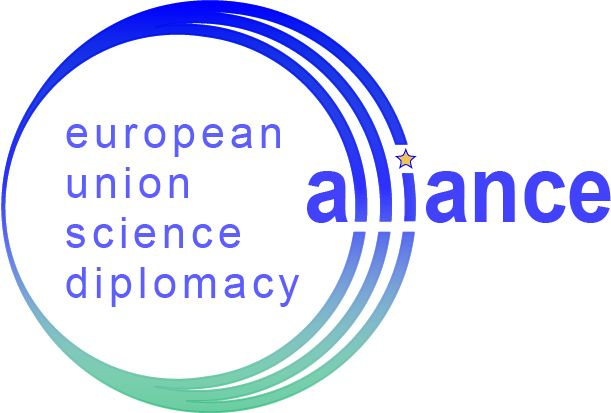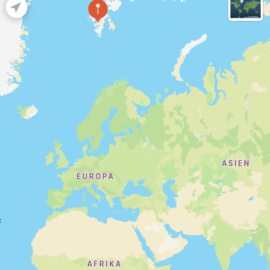In January 2022, the Chairship of the Alliance rotated from DLR to a team from CNRS and Symlog, who are also the Coordinators of the InsSciDE project. Here, they share their outlook for the Alliance in the near and far future, proclaiming their broad vision for the field of science diplomacy and highlighting upcoming key events for advancing Alliance ambitions.
15 February 2022
After a first year of building structure and membership, the Alliance entered a new phase of its existence in 2022. Its members will have the opportunity to meet – face to face as well as virtually – in March when InsSciDE partner NOVA University Lisbon organizes an open conference with partners that include the Lisbon Academy of Sciences and the Anthropocene Observatory. Entitled “Science Diplomacy, Diversity and the Global South”, the 3-day event will address issues at the heart of our Alliance’s reflection. It is part of the process that has seen the three Horizon 2020 projects, EL-CSID, S4D4C and InsSciDE, come together in a “cluster” and then, as they terminated their work, nourish and make way for the Alliance. InsSciDE, which will come to a close on 30 June 2022, is the last of the three projects to transition to this final phase.
The Alliance is chaired for the first half of the year by a Parisian team (CNRS and Symlog), at the same time that France holds the Presidency of the European Union. We hope that this conjunction will give greater prominence to the June symposium to be held in Paris at the Sorbonne University and UNESCO headquarters. This final Open Conference will conclude the work of the InsSciDE project and will give greater visibility to the existence and objectives of our Alliance, to be presented at UNESCO in the final segment of the conference.
InsSciDE – Inventing a shared Science Diplomacy for Europe – wished to strengthen science diplomacy by sharing a deep analysis of the assets, the competences and the cultures of the various European diplomatic services. The Alliance is, in its own way and at its own scale, a form of concretization. Shared governance, a rotating chairship, working groups based on a dynamic bottom-up approach… These principles will allow diverse scholars and stakeholders to converge, so as to make the originality and strength of their ideas, research and know-how flourish in a field now identified as crucial on a global scale: science diplomacy. The point is illustrated in part by the Alliance’s most recent policy paper, which addressed the EU’s strategy for higher education and argued that science diplomacy is a “vital ingredient for confronting myriad global challenges, spurring innovation and facilitating international collaboration”.
Mobilized by a growing number of actors, in the service of various objectives, the malleable concept of science diplomacy undoubtedly corresponds to our era, although in many respects it covers very old practices. Its plasticity is an asset, but it must not become a weakness. In order to be fully recognized, European science diplomacy must assert itself, in the same way as other major areas of diplomacy, as an operational tool. However, it can be legitimate only if it remains faithful to the values on which both science and Europe are based. This narrow gate between ideals and pragmatism must be passed through by all women and men engaged in public life to build a Europe that is united, strong and at the same time the bearer of a peaceful vision for the world. To do so while being aware of the responsibilities conferred upon Europe by history, while finding a renewed place in a world that the 20th century has radically redesigned, constitutes an unprecedented challenge.
Our Alliance, at its level and with its means, but with energy and all its talents and sensibilities, will make its contribution. At a time when tensions and the fear of conflict are once again worrying a Europe that has known only too much of them, the Alliance will work to ensure that this nexus of knowledge will provide a lasting representation of peace.
Under CNRS and Symlog, the work programme for the first half of 2022 embraces a guiding theme of “Bringing the Alliance forward on the international stage”. Read it here.
EU Science Diplomacy Alliance Chairs of January-June 2022
Pascal Griset, CNRS
Claire Mays, Symlog




